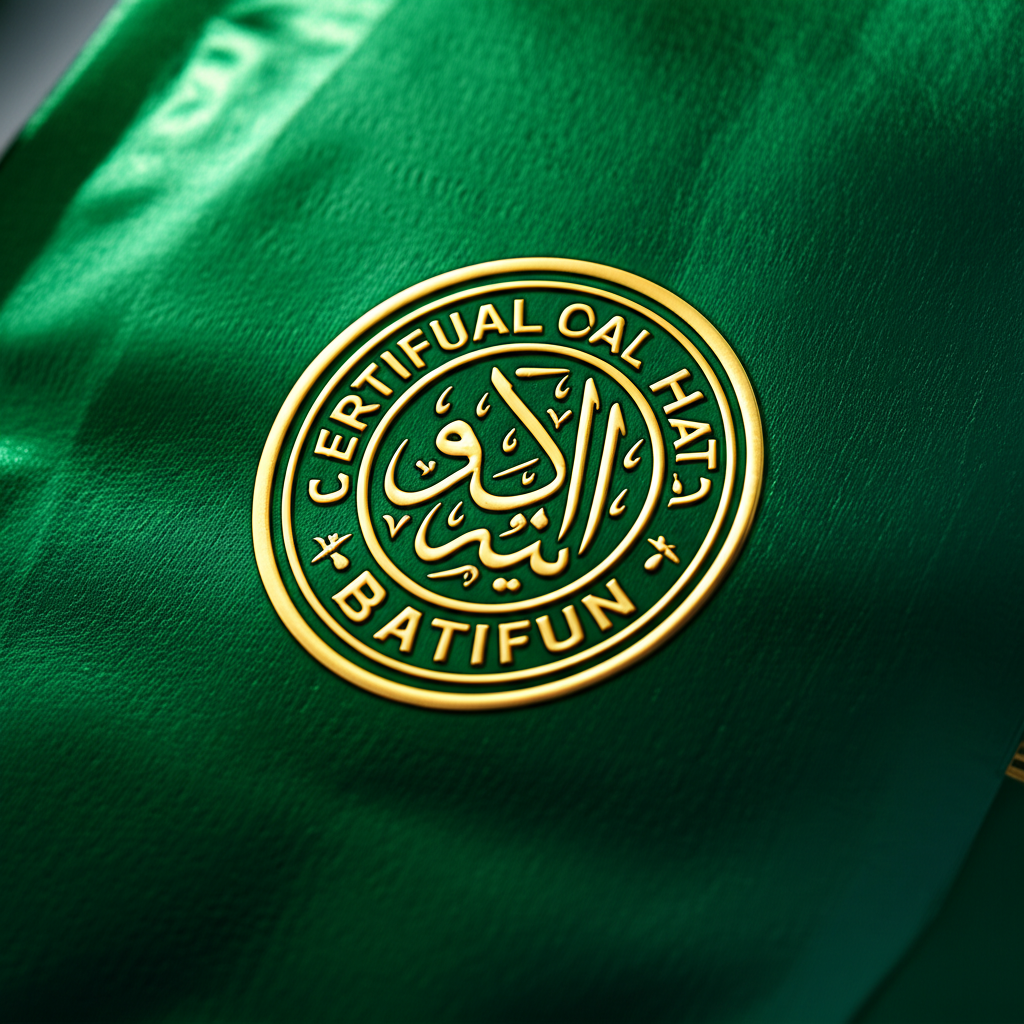
Malaysia’s stringent halal certification system has become a focal point in recent trade discussions with the United States, with experts arguing the nation should uphold its gold-standard protocols despite foreign pressure. Professor Dr. Azmi Hassan, a senior fellow at the Nusantara Academy of Strategic Research, emphasized that Malaysia’s comprehensive halal framework—recognized worldwide—should not be compromised to accommodate trade negotiations.
The current certification process requires foreign poultry exporters to undergo rigorous inspections by both veterinary and Islamic authorities, a system US trade representatives have labeled as overly bureaucratic. Azmi pointed out that similar concerns arose during earlier Trans-Pacific Partnership talks, suggesting the issue reflects recurring tensions rather than new challenges. He noted that streamlining administrative steps could be explored without sacrificing the integrity of halal compliance.
Recent parliamentary discussions revealed the US has formally requested Malaysia to expedite its halal certification timeline, citing delays compared to other markets. Investment, Trade, and Industry Minister Tengku Zafrul Abdul Aziz confirmed these concerns were part of broader trade talks, though he clarified that the US is not questioning halal standards themselves but rather the procedural efficiency. The minister acknowledged room for improvement in processing times while maintaining the system’s credibility.
As negotiations continue, Malaysia faces the delicate task of balancing trade diplomacy with its reputation as a global halal certification leader. Experts agree that while operational refinements may be warranted, the nation’s rigorous standards remain a non-negotiable cornerstone of its halal industry. The outcome could set a precedent for how Islamic trade regulations align with international commerce demands.